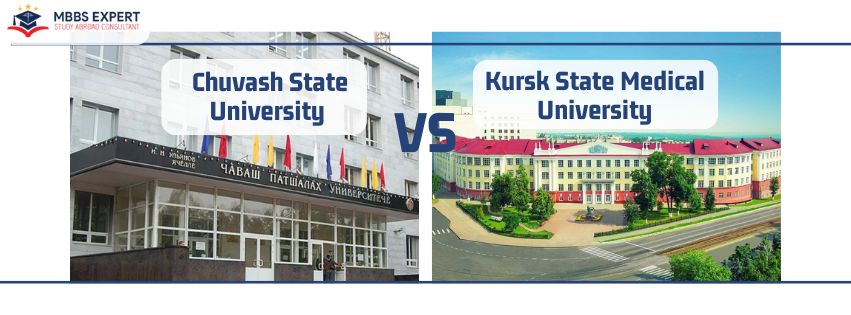Study MBBS at Ingush State University, Russia – Your Gateway to an Affordable Medical Education…
Common Myths and Facts About Studying MBBS in Tajikistan
![]()
Common Myths and Facts About Studying MBBS in Tajikistan
Introduction
Studying MBBS abroad is a significant decision for many aspiring medical students, especially those considering Tajikistan. With its growing popularity as a destination for medical education, there are various myths and misconceptions surrounding the experience of studying MBBS in Tajikistan. This article aims to debunk these myths and present factual information to help prospective students make informed choices.
Myth 1: Quality of Education is Inferior
Fact: Tajikistan boasts several internationally recognized medical universities that offer comprehensive MBBS programs. These universities adhere to global medical education standards and are recognized by medical councils in many countries, including the Medical Council of India (MCI). The curriculum is designed to meet international benchmarks, ensuring that graduates are well-prepared for medical practice globally.
Myth 2: Language Barrier
Fact: While Tajik is the official language of Tajikistan, most MBBS programs are taught in English, particularly to accommodate international students. This helps ensure that language is not a barrier for Indian students pursuing their medical education in Tajikistan. Additionally, universities often provide language support to help students adapt to local linguistic nuances.
Myth 3: Limited Clinical Exposure
Fact: Medical universities in Tajikistan emphasize practical training through robust clinical rotations and hands-on experience in hospitals. This exposure begins early in the curriculum and allows students to gain practical insights into medical practice. The hospitals affiliated with these universities provide ample opportunities for students to interact with patients and apply theoretical knowledge in real-world scenarios.
Myth 4: Accreditation Issues
Fact: Accreditation is a crucial concern for medical education abroad. However, many medical universities in Tajikistan are recognized by global medical bodies and are listed in the World Directory of Medical Schools (WDOMS). Graduates from these universities are eligible to appear for licensing exams such as the Foreign Medical Graduate Examination (FMGE) in India, ensuring their degrees are recognized internationally.
Myth 5: Cultural Challenges
Fact: Adapting to a new culture can be daunting, but Tajikistan offers a welcoming environment for international students. The local population is known for their hospitality, and universities often have support systems in place to assist students with cultural integration. From cultural events to student associations, there are ample opportunities for Indian students to engage and feel at home in Tajikistan.
Myth 6: Safety Concerns
Fact: Safety is a priority for universities in Tajikistan, especially those hosting international students. Most universities have campus security and provide guidance on staying safe in the city. Tajikistan, known for its peaceful environment, offers a secure atmosphere conducive to studying and living.
Conclusion
Studying MBBS in Tajikistan presents a viable option for Indian students seeking quality medical education abroad. By dispelling common myths and highlighting factual information, this article aims to empower prospective students to make informed decisions about their educational journey. From academic quality to cultural integration, Tajikistan offers a rich and rewarding experience that prepares students for successful medical careers globally.
In conclusion, while myths may abound, the reality of studying MBBS in Tajikistan is marked by quality education, robust clinical exposure, international accreditation, cultural enrichment, and a safe environment conducive to learning.This blog post structure covers the topic comprehensively while adhering to SEO best practices by integrating relevant keywords and providing valuable information for prospective students.





